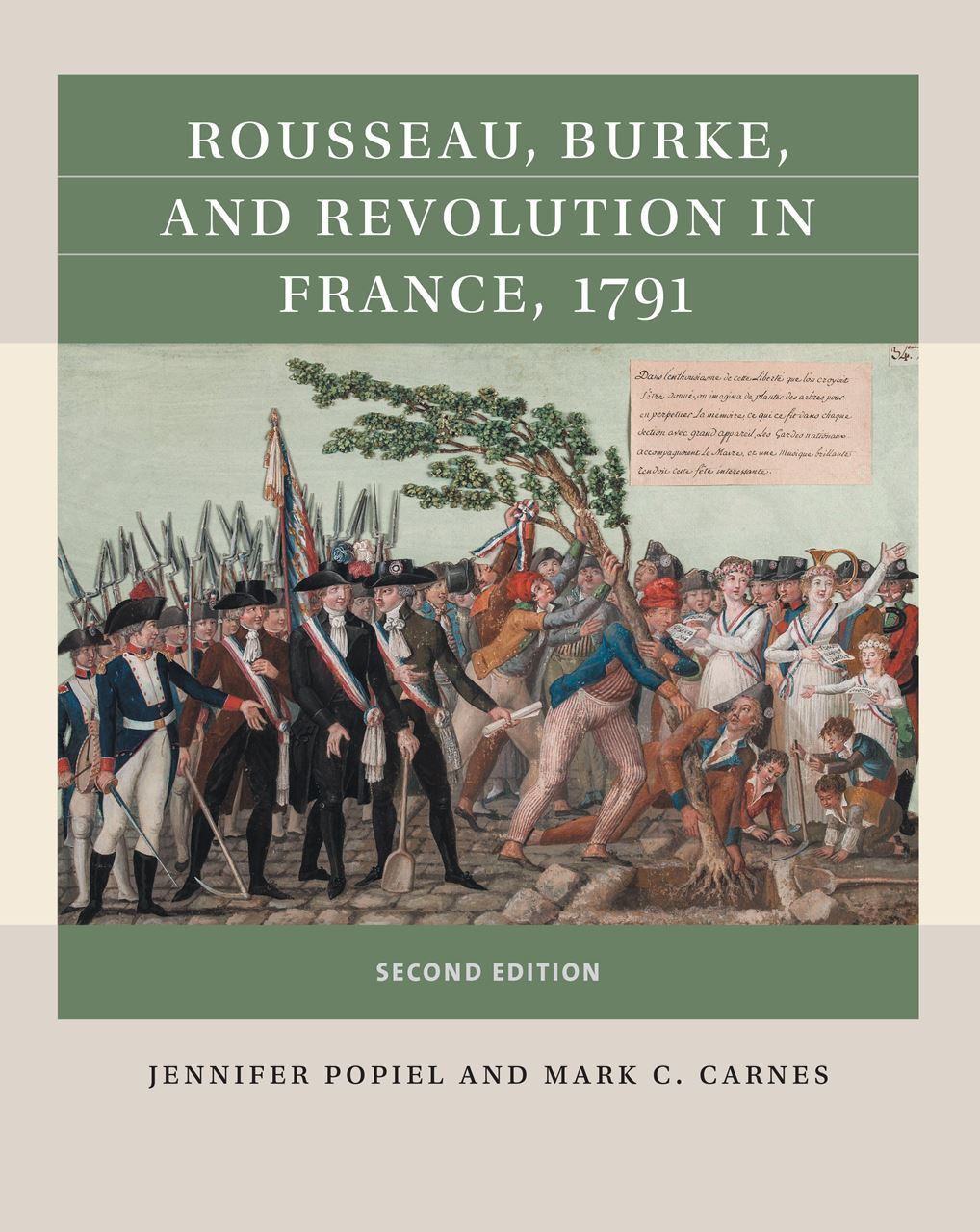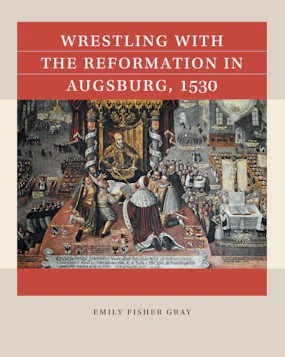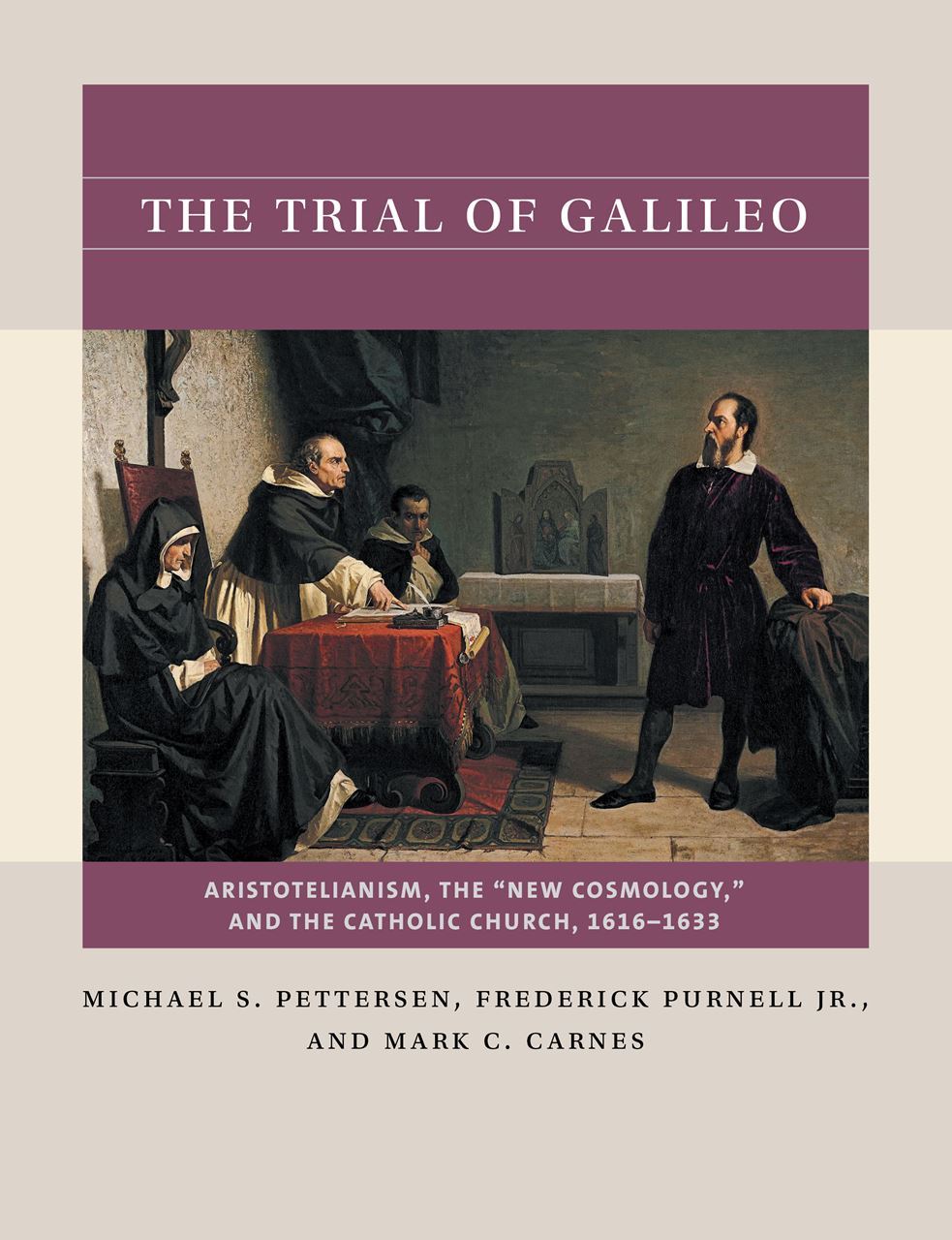 |
A royal divorce; a religious revolution; the beginnings of political modernity. This game transforms students into English lords and commoners during the tumultuous years of 1529 to 1536. The king has summoned Parliament in the hope that it somehow will find the means to invalidate his marriage to Catherine of Aragon, thus freeing him to marry his new love, Lady Anne Boleyn. Matters of state also apply, because Henry has no male heir to carry on the Tudor line. But will Parliament be content with solving the king’s marital and dynastic problems? For some in Parliament wish to use the royal divorce to disempower the English church, to sever its ties to papal Rome, and to change it doctrinally from Catholicism to Lutheranism. Others, however, oppose the divorce, oppose secular supremacy and independence from Rome, and oppose this heretical creed filtering in from the continent. The king himself is ambivalent about the reformation unleashed by his divorce campaign, and so the conservatives are loosed to prosecute reformers as heretics, while the reformers are loosed to prosecute conservatives as traitors. At issue in the game is the clash of four contending ideas: traditionalist Christianity, reformist Protestantism, Renaissance humanism, and Machiavellian statecraft. Depending on the outcome of this contest, the modern nation-state will, or will not, be born. |
Details
|
Using the Game
Class Size and Scalability Class Time The full game is big (seven weeks, 13 game sessions), but shortened agendas and syllabi are provided for games of five weeks, four weeks, and three weeks. Possible Reacting Game Pairings
|
 GAME MATERIALS
GAME MATERIALS
Confirmed instructors who are not yet members can access basic instructor materials. Reacting Consortium members can access all downloadable materials (including expanded and updated materials) below. You will be asked to sign in before downloading.
Gamebook Students need a Gamebook, which includes directions, resources, and historical content. The Henry VIII Gamebook is published by the Reacting Consortium Press. Paperback ISBN: 978-1-4696-4755-5 EBook ISBN: 978-1-4696-4756-2 Available wherever books are sold. | Role Sheets Students also need a Role Sheet, which contains biographical information, role-specific resources or assignments, and their character's secret victory objectives. Updated Summer 2022. .docx file. Updated Summer 2022. .docx file. | Instructor's Manual The Instructor's Manual includes guidance for assigning roles, presenting historical context, assignments, activities and discussion topics, and more. Updated Summer 2022. .docx file. |
John Patrick Coby
John Patrick Coby is the Esther Booth Wiley 1934 Professor of Government at Smith College in Massachusetts, where he teaches courses in political theory and American political thought. He is the author of six books and numerous journal articles, book chapters, and book reviews. Included among his books are Socrates and the Sophistic Enlightenment: A Commentary on Plato’s Protagoras; Machiavelli’s Romans: Liberty and Greatness in the Discourses on Livy; and, in the Reacting to the Past Series, The Constitutional Convention of 1787: Constructing the American Republic. At Smith he is the recipient of three teaching prizes: the Smith College Faculty Teaching Award, the Sherrerd Prize for Distinguished Teaching, and the Board of Trustees Honored Professor Award. |
Members can contact game authors directly if they have questions about using the game. We also invite instructors join our Facebook Faculty Lounge, where you'll find a wonderful community eager to help and answer questions.
|
|
|



